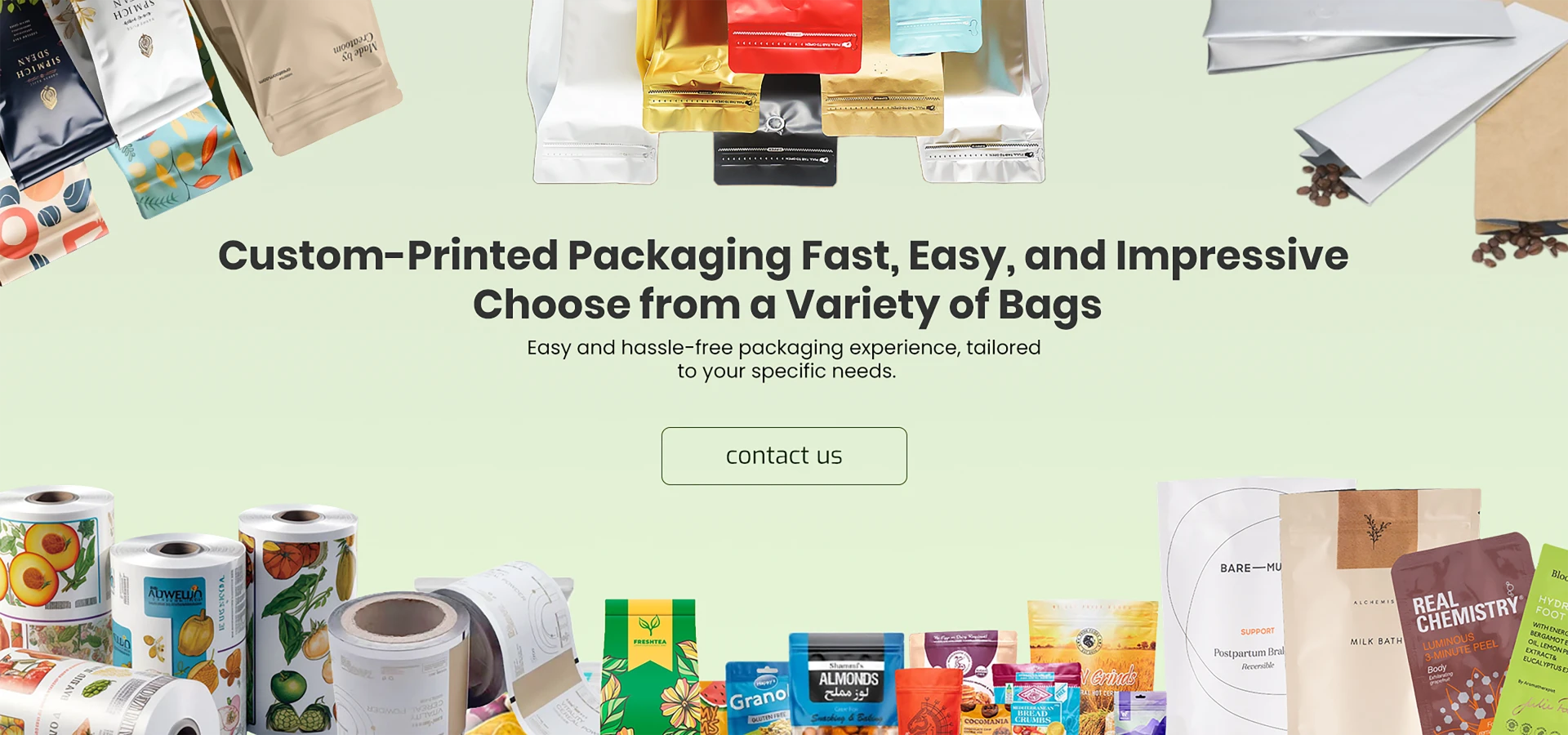- Afrikaans
- Albanian
- Amharic
- Arabic
- Armenian
- Azerbaijani
- Basque
- Belarusian
- Bengali
- Bosnian
- Bulgarian
- Catalan
- Cebuano
- chinese_simplified
- chinese_traditional
- Corsican
- Croatian
- Czech
- Danish
- Dutch
- English
- Esperanto
- Estonian
- Finnish
- French
- Frisian
- Galician
- Georgian
- German
- Greek
- Gujarati
- haitian_creole
- hausa
- hawaiian
- Hebrew
- Hindi
- Miao
- Hungarian
- Icelandic
- igbo
- Indonesian
- irish
- Italian
- Japanese
- Javanese
- Kannada
- kazakh
- Khmer
- Rwandese
- Korean
- Kurdish
- Kyrgyz
- Lao
- Latin
- Latvian
- Lithuanian
- Luxembourgish
- Macedonian
- Malgashi
- Malay
- Malayalam
- Maltese
- Maori
- Marathi
- Mongolian
- Myanmar
- Nepali
- Norwegian
- Norwegian
- Occitan
- Pashto
- Persian
- Polish
- Portuguese
- Punjabi
- Romanian
- Russian
- Samoan
- scottish-gaelic
- Serbian
- Sesotho
- Shona
- Sindhi
- Sinhala
- Slovak
- Slovenian
- Somali
- Spanish
- Sundanese
- Swahili
- Swedish
- Tagalog
- Tajik
- Tamil
- Tatar
- Telugu
- Thai
- Turkish
- Turkmen
- Ukrainian
- Urdu
- Uighur
- Uzbek
- Vietnamese
- Welsh
- Bantu
- Yiddish
- Yoruba
- Zulu
Eco-Friendly Gift Wrapping Options for a Sustainable Celebration
The Rise of Biodegradable Gift Wrap A Sustainable Choice for Celebrations
In today’s environmentally conscious world, the impact of our choices on the planet plays a crucial role in how we celebrate life’s special moments. Gift-giving is an age-old tradition that brings joy and connection, but the materials we use to wrap our gifts can also leave a lasting mark on the environment. This is where biodegradable gift wrap steps in as a sustainable solution that combines aesthetics with eco-friendliness.
Traditional gift wrapping materials, such as cellophane, plastic ribbons, and metallic foil paper, are often non-biodegradable. When discarded, these materials contribute to the growing landfill crisis, taking years, if not centuries, to decompose. In contrast, biodegradable gift wrap is designed to break down into natural substances when exposed to moisture and microorganisms. This innovative wrapping option serves not only the purpose of enhancing the visual appeal of a gift but also addresses pressing environmental concerns.
Biodegradable gift wrap can be made from a variety of sustainable materials. For example, kraft paper – made from recycled paper – is a popular choice. Not only is this paper sturdy and versatile, but it also has the added benefit of being recyclable. By opting for kraft paper or similar materials, consumers can embrace a rustic aesthetic while benefitting the planet.
Another exciting innovation in biodegradable gift wrapping is the use of plant-based materials, such as hemp or cotton. These materials are renewable and tend to have a lower environmental impact during their production compared to traditional materials. Additionally, they can impart a natural, organic look that resonates with many consumers seeking authenticity in their gift presentations.
biodegradable gift wrap

Moreover, some brands have started experimenting with seed paper for gift wrapping. This unique approach creates a double gift experience – once the recipient has unwrapped their present, they can plant the seed paper and watch wildflowers or herbs grow. This kind of wrapping not only reduces waste but also promotes biodiversity, nurturing a greener environment.
The growing popularity of biodegradable gift wrap reflects a broader trend towards sustainability in consumer choices. As more individuals and businesses strive to reduce their carbon footprint, the demand for eco-friendly alternatives has increased. Many artisans and small businesses are now focusing on creating and selling biodegradable wrapping solutions, made from ethically sourced or upcycled materials. This shift not only supports the environment but also bolsters local economies, providing consumers with unique, handcrafted options that tell a story.
Choosing biodegradable gift wrap goes beyond just the aesthetics; it encourages a conscious mindset about waste and consumption. Many consumers today are motivated to rethink their purchasing habits. By selecting biodegradable options, they can participate in a movement that prioritizes environmental preservation. Each small choice, such as using compostable wrapping paper instead of plastic-based options, contributes to a larger trend of sustainability.
It’s important to note that making the switch to biodegradable gift wrap does not mean sacrificing creativity or elegance in gift presentation. Numerous companies offer a wide array of designs, colors, and textures, allowing consumers to choose wraps that align with their personal style and the occasion. From whimsical patterns for children’s gifts to elegant designs for weddings, biodegradable options can cater to various preferences.
In conclusion, biodegradable gift wrap presents a simple yet effective way to celebrate special occasions while caring for the environment. As we continue to navigate the challenges posed by waste, climate change, and sustainability, adopting eco-friendly practices in our gift-giving habits is a manageable step we can all take. By choosing biodegradable gift wrap, we not only enhance our celebrations but also contribute to a healthier planet for future generations. So, the next time you unwrap a pristine package, consider what it is wrapped in and make the choice that reflects both love for the recipient and care for our Earth.













